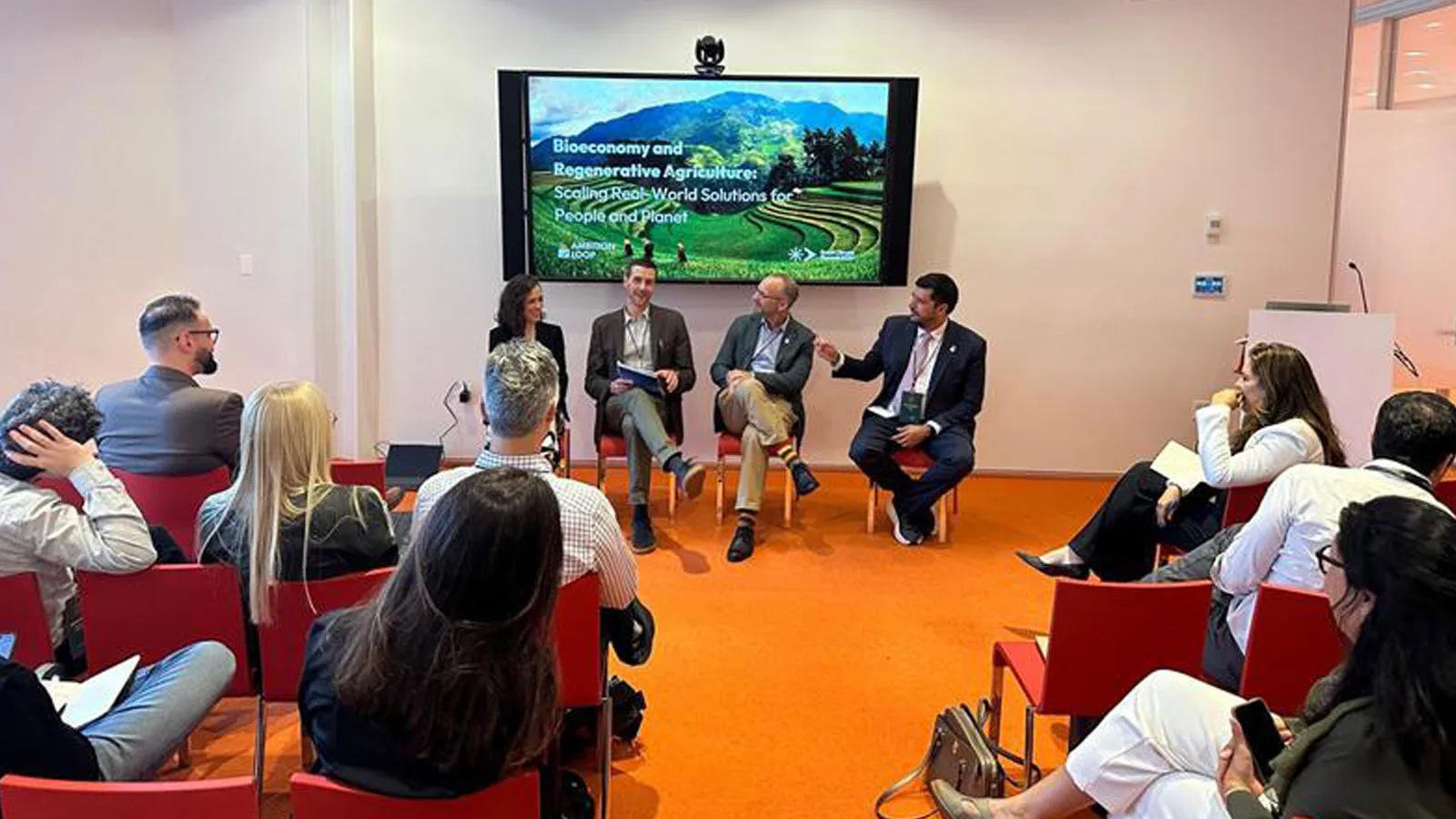Protecting forests means protecting food security in the long term.
– André Guimarães, IPAM Amazonia – Amazon Environmental Research Institute
At this year’s Climate Week New York City (NYC), the urgency to align climate, nature, and finance agendas was at the forefront. Conversations made clear that halting deforestation, restoring degraded lands, and scaling regenerative agriculture are no longer optional environmental goals – they are essential to building resilient economies and food systems. Leading businesses are carrying on with their climate and nature commitments, regardless of political headwinds; they recognize that sustainability and resilience are drivers of competitive advantage.
Brazil’s Role and the Importance of Blended Finance Models on the Road to COP30 and beyond
Brazil emerged as a central player in these discussions. As host of COP30 in Belém, the country is uniquely positioned to demonstrate global leadership. Innovative financing mechanisms such as the Tropical Forest Forever Facility (TFFF) and EcoInvest were spotlighted as groundbreaking models capable of mobilizing billions in blended capital to reward forest conservation and regeneration, while supporting the transition to sustainable and resilient supply chains.
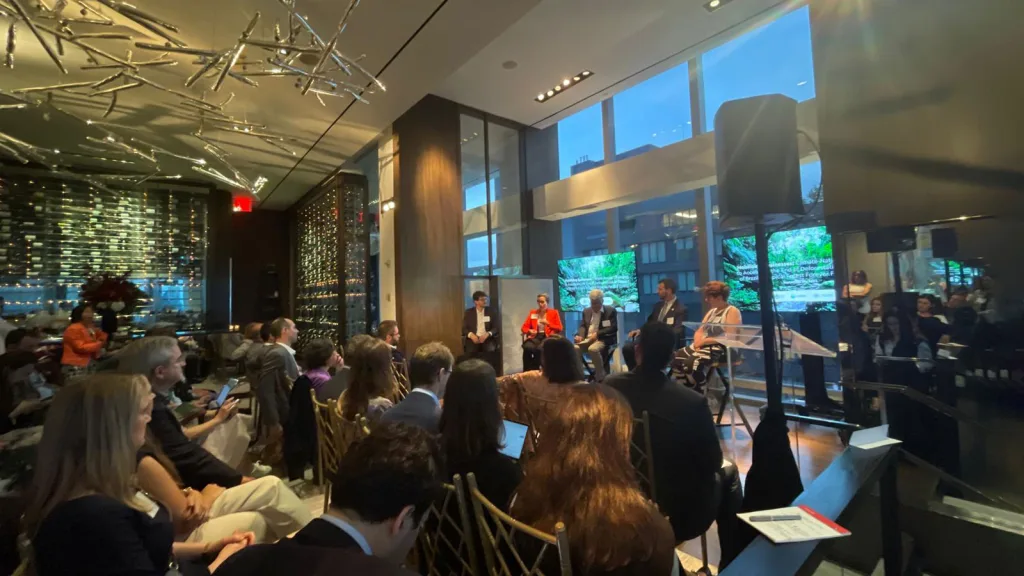
Brazil’s Tropical Forest Forever Facility takes a new and innovative approach to climate finance and forest protection. But while additional funding mechanisms are critical business, government, communities and other stakeholders must be at the table to turn ambition into impact. At WBCSD, we see COP30 as a turning point from pledges to delivery. The TFFF is a unique vehicle to align finance, policy, and business action at scale, and we must seize it together.
– Diane Holdorf, World Business Council for Sustainable Development (WBCSD)
AARL & LAB: Driving Regenerative Transformation
Within this momentum, the Action Agenda on Regenerative Landscapes (AARL) and the Landscape Accelerator Brazil (LAB) stood out as a promising model of multistakeholder collaboration. This came through prominently in a high-level session bringing together agribusiness, finance, and civil society leaders. The session highlighted how alignment across policy, finance, and metrics is helping to accelerate Brazil’s regenerative transition – and where key gaps remain. A dynamic finance panel and breakout discussions explored concrete pathways to unlock investment and expand farmer-focused solutions, emphasizing the critical role of public-private collaboration.
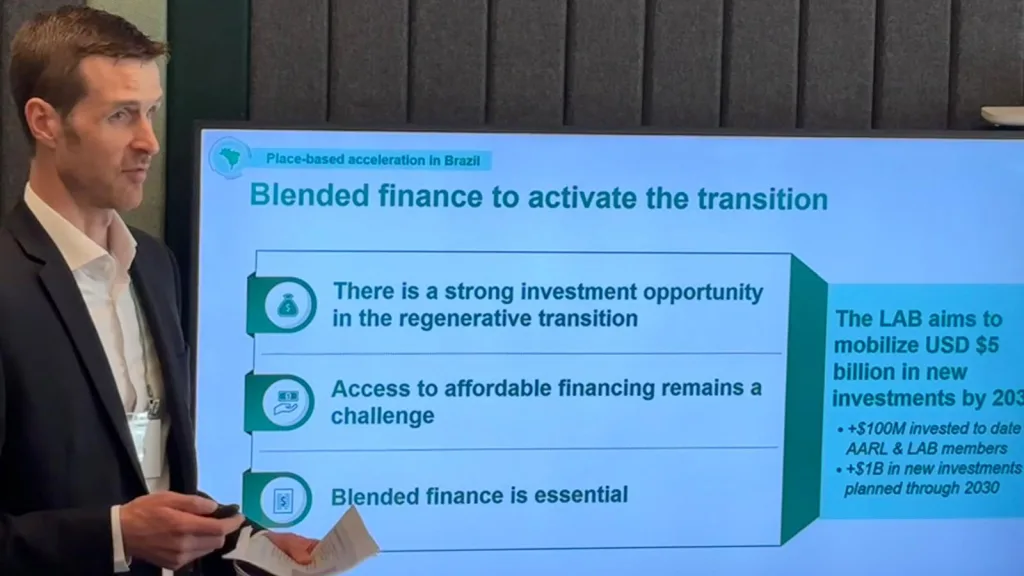
Council Meeting: Collaboration in Action
During the WBCSD Council Meeting, members explored how collaboration can stabilize supply chains, align business strategies with clear policy frameworks, and unlock the capital needed to scale sustainable solutions. As part of the discussion, our member, ADM, presented the Landscape Accelerator Brazil (LAB) and the Soft Commodities Forum (SCF), showcasing them as leading examples of scalable initiatives that advance deforestation- and conversion-free supply chains while delivering tangible benefits for farmers, businesses, and ecosystems.
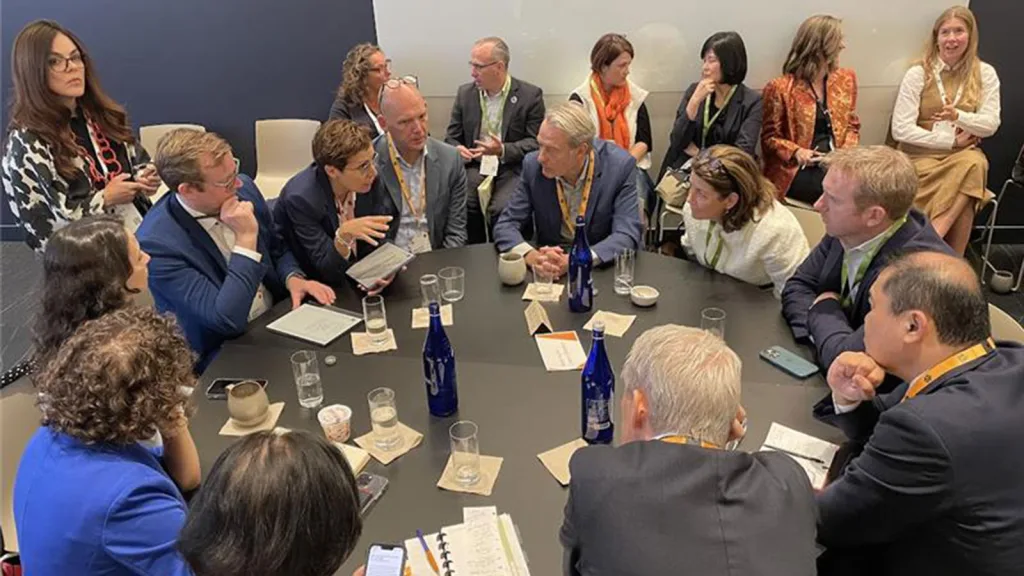
Brazil Climate Summit: Unlocking Investment Pathways
Another key moment was the Brazil Climate Summit, where WBCSD’s Soft Commodities Forum highlighted concrete co-investment opportunities through the Sustainable Landscapes Partnership (SLP). The presentation outlined clear, actionable pathways for investors to support Brazilian landscape initiatives, demonstrating how blended finance and collaborative models can accelerate the transition toward regenerative, deforestation- and conversion-free production systems.
What is on the Road to COP30
The insights from Climate Week NYC reaffirm that collective action, underpinned by innovative finance, is key to turning ambition into implementation. The Brazil Landscapes projects of WBCSD and our partners will carry these takeaways forward into the road to COP30, helping ensure that regenerative landscapes in Brazil become a blueprint for scalable, systemic solutions worldwide.
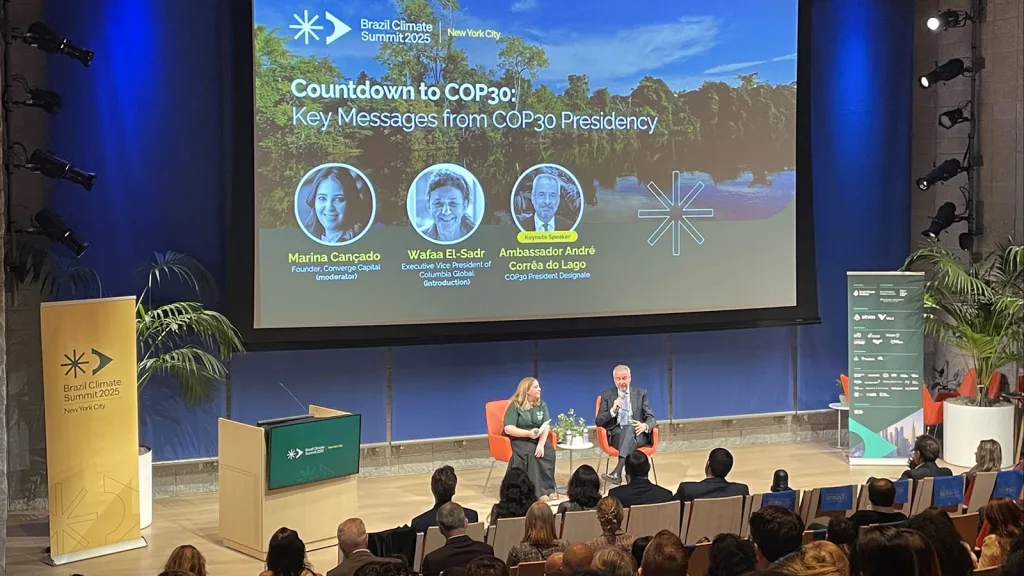
Stay tuned for our next steps including participation in pre-COP and COP30 flagship events in November:
- Climate Action’s Sustainable Innovation Forum and iCS Climate Implementation Summit (São Paulo);
- Global Climate-Smart Agriculture Conference (Brasília);
- Embrapa’s AgriZone and COP30 Agriculture & Food Systems Thematic Days (Belém).
Outline
Related
Content
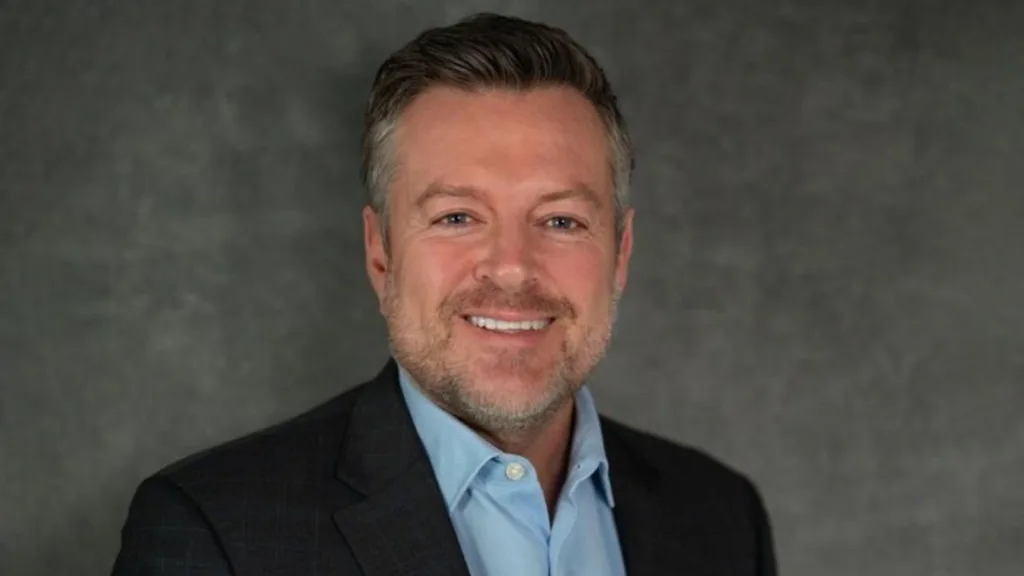
An Interview with Matthew Reddy: A Global Finance Perspective on the Soft Commodities Forum
15 September, 2025
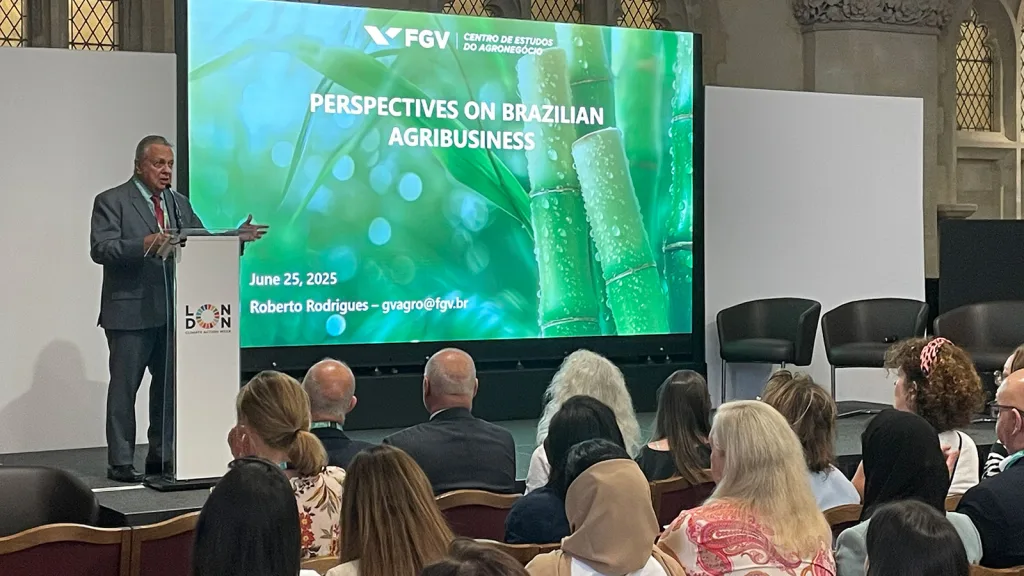
Financing the Future of Sustainable Agriculture in Brazil’s Cerrado – Reflections from London Climate Action Week 2025
8 July, 2025
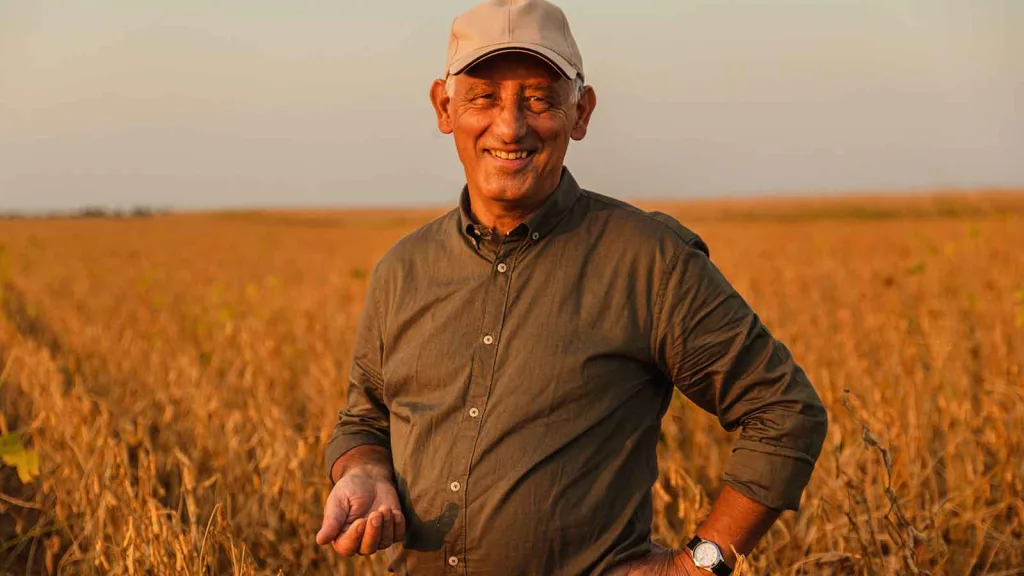
From Risk to Resilience: Landscape-scale solutions for sustainable commodities in the Cerrado
2 June, 2025
